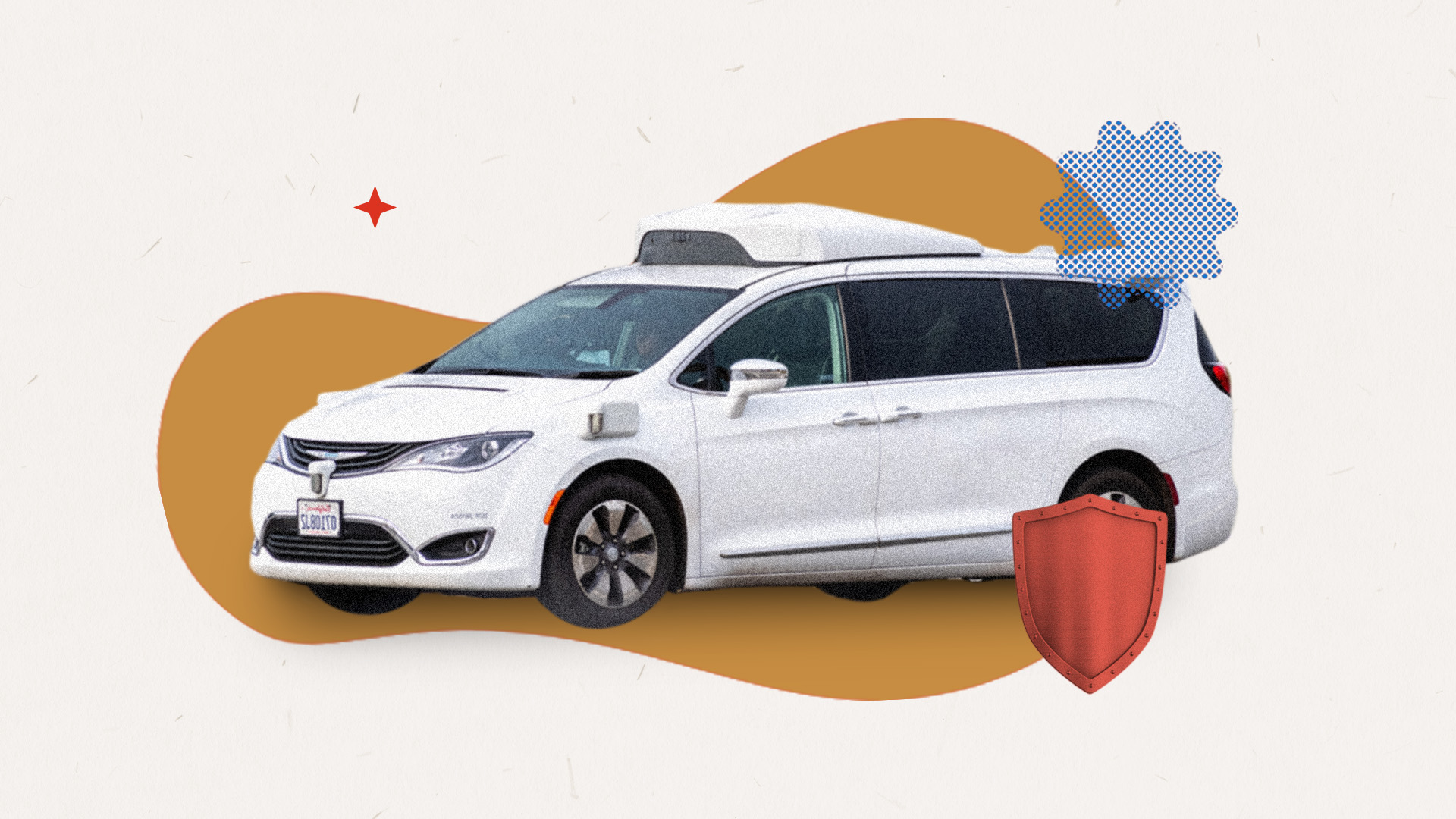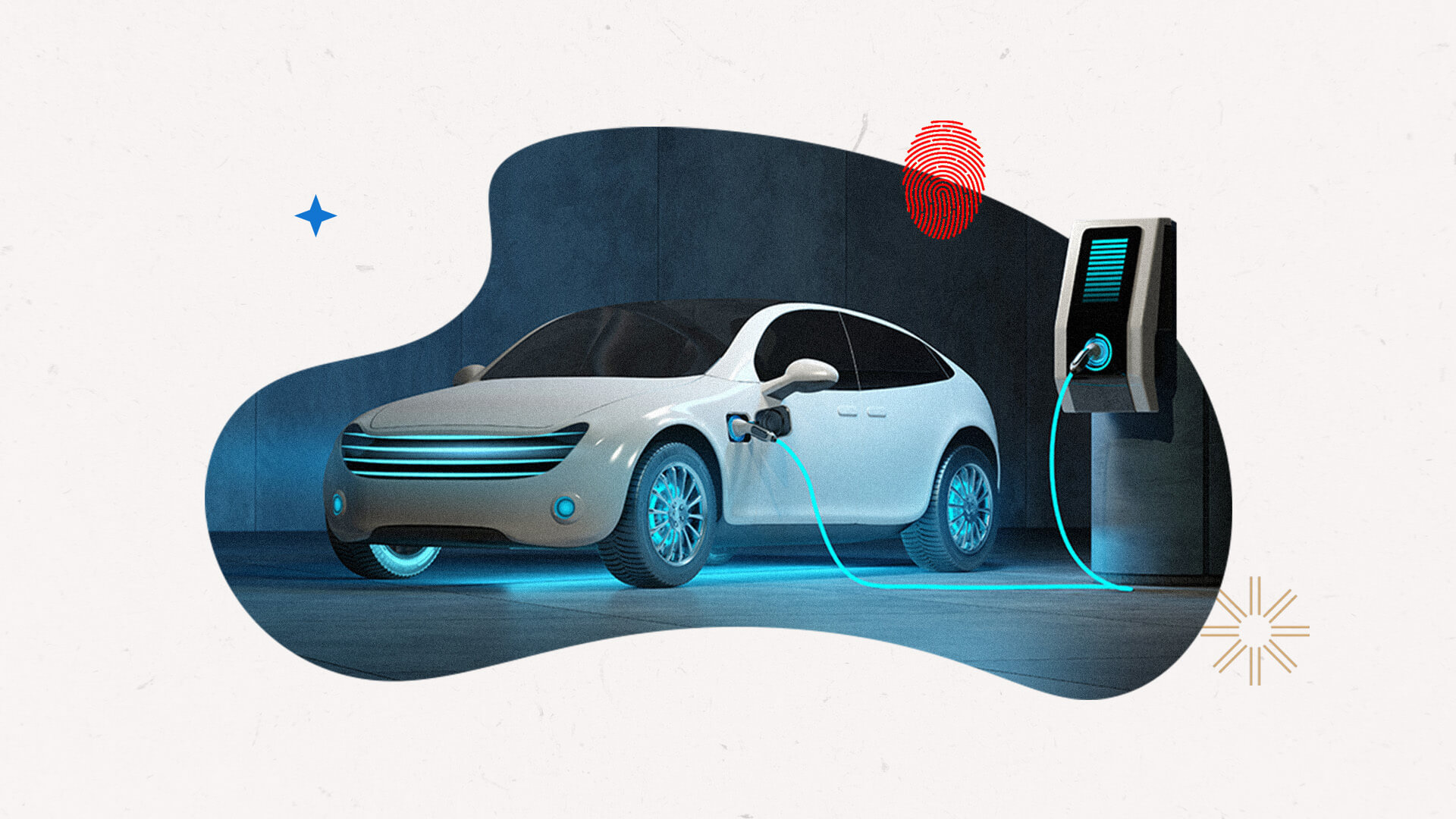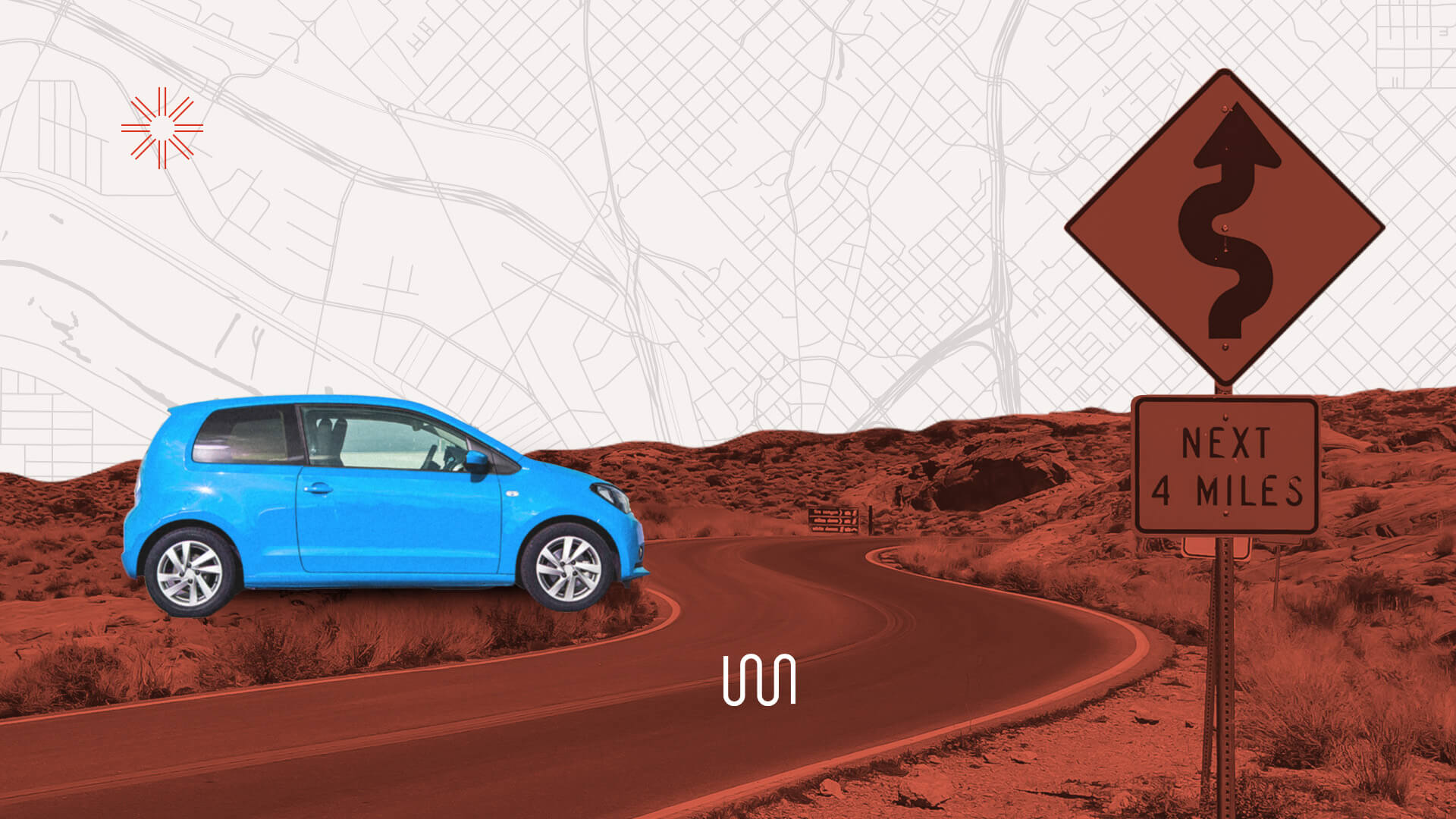
Cryptocurrencies, while an attractive investment for many, have also become popular payment tools. After a year that saw tremendous growth in bitcoin and other crypto names, about one in three small businesses now accepts digital coins. But there’s one group that lags behind in this trend: car dealers.
But even that appears to have started to shift. Tesla’s high-profile decision to accept bitcoin for purchasing its vehicles in 2021, though short-lived, ushered in a new era in which cryptocurrencies have become a payment tool in the auto space. While Tesla’s move only lasted a few weeks, the company still accepts dogecoin for certain purchases. But a handful of car dealerships across the country now accept cryptos at the checkout.
Why would a dealership move to accept cryptocurrencies?
It comes down to three main reasons. First, it allows them to accept a form of payment that has become particularly attractive to young acolytes of the coins, who believe it’s the future of currency.
Secondly, it allows the dealership to separate itself from competitors, drawing in publicity and business by moving first into the space. And third, it also gives the dealership the ability to digitize the entire purchasing process.
While the reason for moving into crypto payments may seem sound, the practicalities of doing so aren’t as straightforward. Adopting crypto payments requires understanding the platform on which they live and incorporating systems that can handle the intricacies of the coins.
If you’re thinking of moving your dealership into the crypto space, first make sure to develop tactics that address these four issues.
Have the right system in place
Unlike cash payments, when a payment comes through crypto there’s a good chance the buyer will want to purchase the vehicle without the loan. Due to the appreciation of the crypto market, coin holders have high valuations on their investments. Plus, there’s a status symbol that comes with buying high-end items, like vehicles, with the coins.
Yet, one of the more unusual concepts that relate to accepting cryptocurrencies is that there’s not really an owner of the platform on which the coins run. Cryptos operate on individual blockchains – decentralized digital ledgers that track the movements of specific coins. These ledgers operate on thousands of different computers across the world, so no single person or business can change or alter the code (in most cases). This also means that processing payments on the blockchain for something like bitcoin is free, even for businesses like car dealerships.
While that may be true in theory, in practice don’t expect to pay nothing for payment processing. Unless you have a computer engineering background (or have one on staff), then you’ll probably need to look to third parties for the processing of payments.
These companies, like Coinbase, process the payments for a small fee – often 1%. But, when talking about the price of the vehicle, 1% of the payment can be substantial. Make sure to research which processor would work best for you, especially if the number of people buying with cryptos were to increase.
Also, ensure your payment processing through the cryptocurrency works with your entire digital checkout. This will enable you to track and manage the entire transaction without missing any steps. You can derive value from this data that can help improve your sales capabilities.
What will you do with the coins?
One of the biggest concerns that members of the US Chamber of Commerce have expressed when it comes to cryptocurrency adoption is security. While security certainly has a place in this discussion, the bigger worry for your organization may lie in what you plan to do with the coins once you receive them.
Unlike other cash or credit, cryptocurrencies have a high level of volatility. This creates a significant issue for dealers who accept the coin: if the coin drops in value the day after a purchase processes, then the payment may fail to cover the costs of the sale. In essence, the seller may lose money on the vehicle.
It’s an issue that has no single solution. Instead, it requires you to take a systematic approach to how you process and then monetize your crypto acceptance. Some car dealers may decide to immediately sell the coins and cash out. Others may sell the coins on a specific day of the month, and others may wait an entire year before selling.
Whichever decision you make, be sure it aligns with the reasons why you decided to accept crypto. If you who want to bet on the coin’s appreciation, hold onto it for longer. If you are simply trying to garner marketing from its use, cash out immediately.
Plan for taxes
Taxes may figure prominently in your decision on when to exchange the coins for cash. While crypto may have “currency” in its name, the Internal Revenue Service (IRS) views coins as property. This alters the way a business gets taxed on a sale.
When you accept payment in crypto, it must be marked as earned income and will be taxed as such. The price of the coin at the time of processing is the value on which you’ll be taxed. But you can also sell the coin. When you do, it accrues capital gains taxes. How it will be taxed will depend on whether your company holds the coin for less than a year or for longer. The former will attract short-term capital gains taxes and the latter long-term capital gains taxes.
How you reduce the tax paid on a coin’s appreciation will depend on the group of capital gains into which your coins fall. Working with your company’s accountant will help determine the best plan for your crypto venture.
Don’t ignore the basics
While accepting payment in crypto for a car sale may feel unique, it’s important to remember that the steps and layers of securing the sale must be followed as if it’s a normal transaction. This is particularly important considering that the sale may receive closer attention from regulators and the IRS, since you’re conducting it through crypto.
The good news? By using crypto, you can digitize the entire purchasing process, from the initial offer to the down payment – right through to electronic document signing, online notarizations and handing over the keys. With the right technology, this can provide your organization with data insights into the entire process, enabling you to determine areas for improvement or to find ways to reduce costs.
Through this design, the crypto payment can be harnessed to go beyond marketing and provide real value to your dealership.



